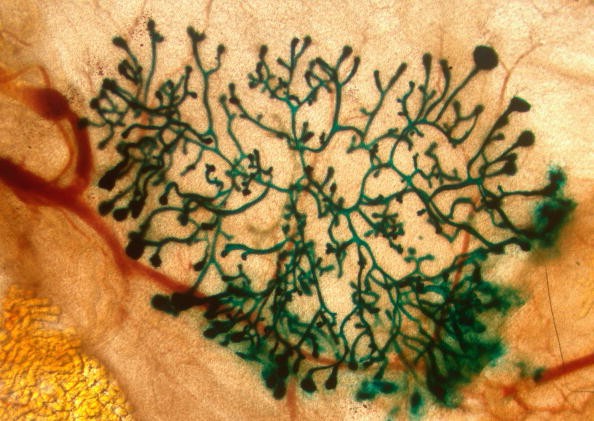
There's a new cancer drug that's presently being tested, and should it turn out to be successful, this can be used for a variety of cancer-related management therapies.
Cancer is one of the dreaded diagnoses in the world as treatment is usually trial and error. Sometimes the disease responds to certain therapies only to return, this time more aggressive. Because of this, the spread of the disease wins against management and treatment.
Cancer treatment still needs to be individualized as many factors can affect its development, aggressiveness, and spread. However, certain drugs may provide effective effects across many types of cancer cells. One of these is a drug that overstimulates SCRs.
SCR stands for steroid receptor co-activator, a kind of oncogene. An oncogene, meanwhile, is the gene that changes normal cells to malignant ones. These genes are not created equal. While some of them cause the transformation, others are responsible for the spread. However, like regular genes, they communicate by means of signaling pathways like SCR. These are networks that can trigger genes to be more resistant to therapies and promote invasiveness and metastasis.
Granted, this isn't the first drug that deals with oncogenes. More modern therapies already work against them. However, what makes the drug developed by researchers of Baylor College of Medicine different is that it overstimulates rather than inhibits the receptor.
For the study, the group identified the most powerful activator for SCR and found MCB-613. The compound is then given to some animal models (mice) inflicted with breast cancer. Those with the activator experienced a rapid regression of tumors compared to the control group, which developed bigger tumors. Moreover, the tumor was eliminated without causing serious side effects and harming the normal cells.
The activator, it turns out, increased the cell response of the cancer cells that led to the toxic buildup.
While more studies have to be conducted, the researchers hope the drug will eventually become mainstream and benefit thousands of patients.



